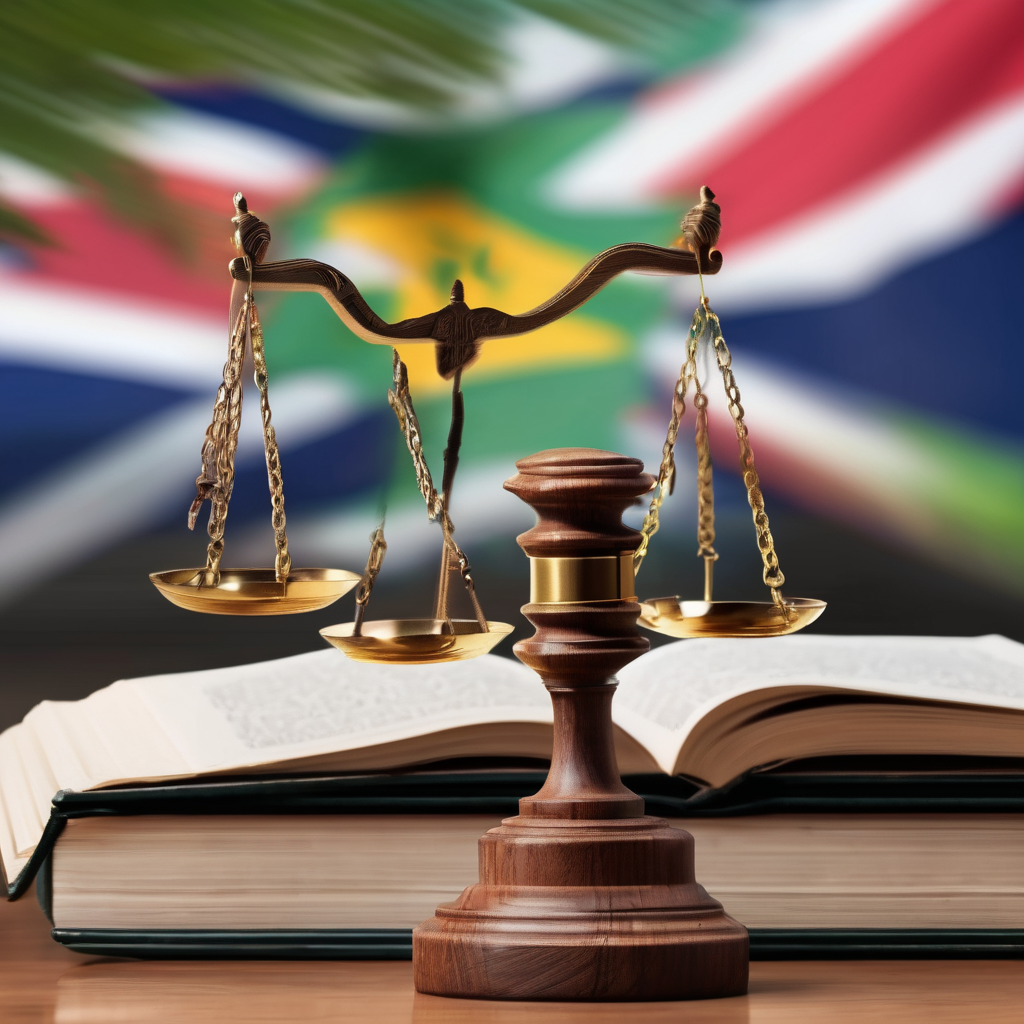Retired Justice Anthony Kennedy’s memoir, “Life, Law and Liberty,” is officially released today, October 14, and is generating interest for its reflections on pivotal moments in his judicial career, alongside his insights on originalism, abortion, and notable Supreme Court cases. SCOTUSblog plans to review the memoir in the upcoming weeks, but for now, many intriguing excerpts highlight Kennedy’s judicial philosophy and his experiences on the court.
A central theme throughout Kennedy’s memoir is the notion of judicial humility and integrity. He asserts that the Supreme Court earns respect not solely through the correctness of its decisions but by undertaking difficult cases with thoughtfulness and clarity. For Kennedy, especially in close decisions, it’s vital that justices reach outcomes in good faith, ensuring that their reasoning is understandable to the public. He acknowledges past mistakes in his career, particularly mentioning his regret over the execution of minors.
When discussing judicial philosophies, Kennedy distances himself from both originalism and pragmatism. He believes that while originalists focus on the Constitution’s historical context, and pragmatists may offer unclear guidance, both frameworks fall short in addressing the complexities of constitutional interpretation. He posits that over time, better perspectives on constitutional questions will emerge, even if the Constitution itself remains unchanged.
Kennedy’s tenure on the court saw him author several landmark rulings. Notably, his opinion in “Citizens United v. Federal Election Commission” remains contentious; he expressed concern over the influence of money in politics while emphasizing the voters’ power to demand accountability from candidates. In “Obergefell v. Hodges,” he recognized the evolving nature of marriage and the importance of acknowledging the families formed by same-sex couples, despite the backlash it invoked from colleagues like Justice Antonin Scalia.
Reflecting on “Bush v. Gore,” Kennedy emphasized the urgency and the legal focus required under such time constraints, rejecting political considerations in favor of legal integrity. He also revisited his contributions to “Texas v. Johnson,” where the court ruled against blanket prohibitions on flag desecration, articulating the balance between freedom of expression and societal discomfort.
Throughout his memoir, Kennedy also reflects on personal relationships within the court, particularly the strained dynamic with Scalia following significant rulings. Their eventual reconciliation before Scalia’s death serves as a poignant reminder of the court’s interpersonal complexities.
On more lighthearted notes, Kennedy discusses meeting Vladimir Putin during a law conference, where an unnerving exchange left him with a haunting impression of the Russian leader. His views on media representation in the courtroom are clear; he opposes cameras, believing they could disrupt the substantive dialogue among justices.
Additionally, Kennedy recounts his experience related to Manson family member Lynette Fromme and the disturbing repercussions for his family, illustrating the personal toll of judicial decisions. In a whimsical conclusion, he reflects on his family’s taste in music, noting their occasional misunderstanding of what constitutes “avant-garde,” particularly when referencing artists like Tom Petty.
Kennedy’s “Life, Law and Liberty” offers a multifaceted view of his legal philosophy, personal experiences, and the responsibilities of being a Supreme Court justice, encouraging readers to appreciate the complexities of law in both its historical and modern contexts.
